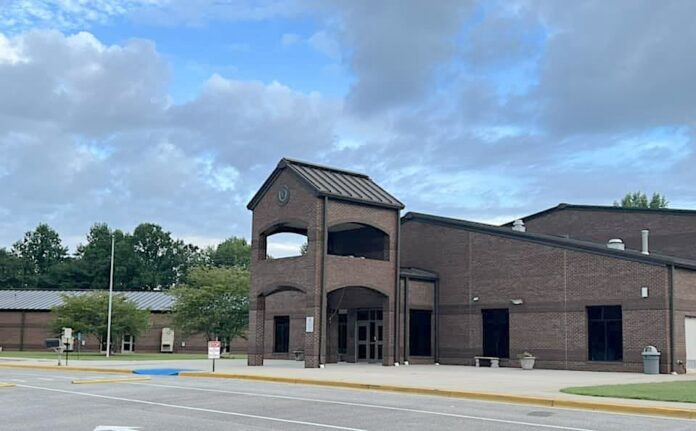
The Governor’s Office of Student Achievement released a list of 513 schools across 111 districts in the state that qualify for the new Georgia Promise Scholarship Program. The program, approved by the General Assembly this year, will allow families with children in low-performing schools to use public funds for private school tuition and fees and other approved education expenses.
Students in schools performing in the bottom 25% statewide can apply for the $6500 education vouchers.
32 Northeast Georgia schools made the list. They include:
- Banks County: Banks County Elementary, Banks County High School
- Barrow County: Auburn Elementary School, Statham Elementary School, Winder Elementary School
- Clarke County: Alps Road Elementary School, Cedar Shoals High School, Coile Middle School, Gaines Elementary School, Hilsman Middle School, Howard B. Stroud Elementary School, and Whit Davis Road Elementary School
- Elbert County: Elbert County Middle School
- Gainesville City Schools: Centennial Arts Academy, Fair Street International Academy, Gainesville Exploration Academy, Gainesville Middle School East, Gainesville Middle School West
- Habersham County: Cornelia Elementary School
- Hall County: Chestatee High School, Chicopee Elementary School, Friendship Elementary School, Lanier College and Career Academy, Lanier Elementary School, Lyman Hall Elementary School, McEver Elementary School, Oakwood Elementary School, Tadmore Elementary School, West Hall High School, West Hall Middle School, and White Sulphur Elementary School
- Lumpkin County: Lumpkin County Middle School
School voucher debate
School voucher critics argue diverting public tax dollars to private education will hurt public schools. They contend vouchers benefit those who can already afford private education. Proponents disagree. They say programs like the Georgia Promise Scholarship will help improve education by making public schools more competitive while giving parents and students more options.
Nearly half of the schools on the list are in counties without a local private school accredited by the Georgia Independent School Association. A smaller number have approved private Christian schools, GPB News reports.
Tallulah Falls School in Habersham County is among the private schools that stand to benefit from the program. President and Head of School Dr. Larry A. Peevy welcomes the opportunities he says the new voucher system will provide to families.
“Programs like the Georgia Promise Scholarship reflect a commitment to empowering families with choices in their children’s education,” says Peevy. “At Tallulah Falls School, we welcome new students who share our vision of academic excellence and personal growth.”
TFS says it will consider additional financial aid for students who attend school there on Georgia Promise scholarships.
RELATED: Governor signs school voucher bill
Eligibility requirements and deadlines
To qualify for a scholarship, students must attend an eligible school, have attended a Georgia public school for two or more consecutive semesters (or be rising kindergarteners), and have parents who have lived in Georgia for one or more years (except for active-duty military families).
READ MORE ABOUT IT Georgia Promise Scholarship Family Handbook
The Georgia Education Savings Authority (GESA) will oversee the program and disburse the funds. Priority may be given to students from families whose income is less than or equal to 400% of the federal poverty level and those already enrolled in the program (after the initial round of funding).
Schools that wish to participate in the Georgia Promise program must apply by Dec. 6. Parents can apply in 2025, and funding will begin after July 1.
GPB’s Grant Blankenship contributed to this article







